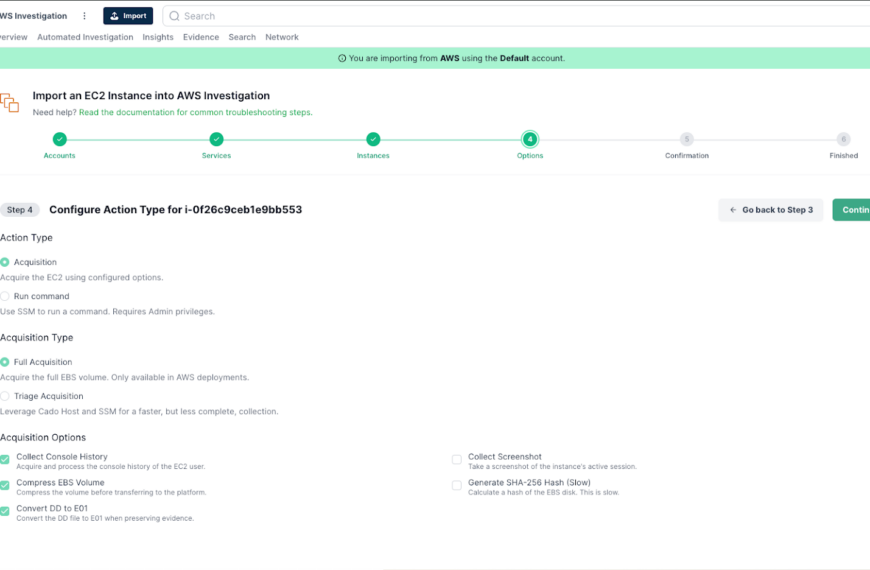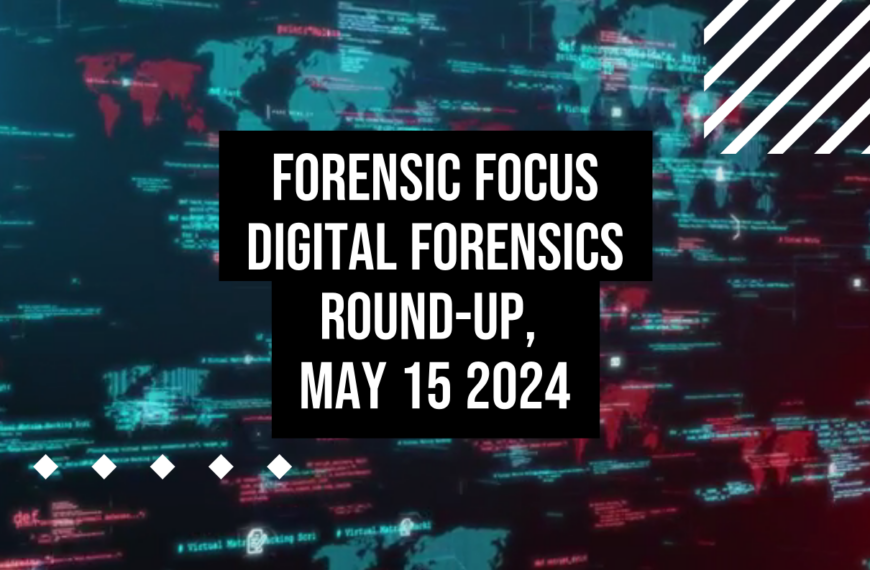First published November 2007
submitted by CY4OR
Computer forensic experts deal with some of the most grave and serious of criminal cases that involve digital evidence. However it may be surprising to hear that currently there is no regulatory body in the UK to ensure the quality of their work, their security, and the expert’s individual’s background. It is a different case for those forensic companies who work for prosecuting bodies such as police forces and law enforcement agencies, as they are normally independently regulated by the instructing body and undergo rigorous vetting. Forensic companies working solely for the defence however, have the same access to the same evidence involved in these cases, yet nobody is actively monitoring their activities…
In theory a one man band with a computer and the appropriate software could take on criminal defence cases which range from fraud, terrorism and drugs offences, to indecent images of children and grooming charges.
In a Home Office document produced last year this point is covered and endorsed by Minister Joan Ryan; ‘Creating a forensic science regulatory function is the most appropriate way of overseeing quality, standards and integrity in forensic science and maintaining public confidence’.
Why regulate the forensic services market?
The Home Office report covers a number of areas; best practice, quality assurance, and, from a commercial point of view, a level playing field for independent suppliers in the face of a growing market and increased competition.
What would such a regulatory body seek to check?
1. Physical facilities – are the evidence storage rooms, which hold damning and serious evidence, secure and up to standard? Who has access to the evidence, is it tracked when moved from location to location?
2. Personnel – do they receive criminal background checks to help ensure they don’t have a hidden agenda for working in these types of companies?
3. Management – are they providing adequate support facilities for staff? Unfortunately, in this business investigators will frequently come across distressing images and scenarios as a matter of course. Are procedures in place such as counselling, personal development, and careful monitoring?
4. Are the investigators qualified? Forensic investigators need to be trained in industry standard software EnCase and have continuous training on ever changing technologies. Without which they may not do a thorough and appropriate investigation, and ultimately not provide a proper defence, potentially seeing innocent people put behind bars.
The majority of criminal cases now include at least one form of digital evidence, whether it is a mobile phone, an iPod, or a computer, and where there is a prosecution there must be a defence. Computer Forensic companies providing defences are becoming involved with seriously high profile criminal cases on a regular basis and should undergo the same monitoring and regulation that the prosecuting bodies receive.














